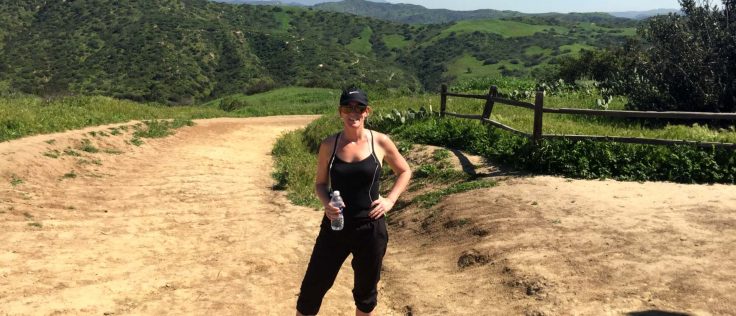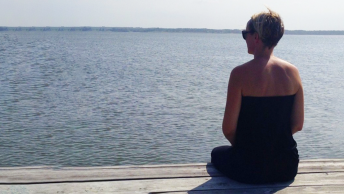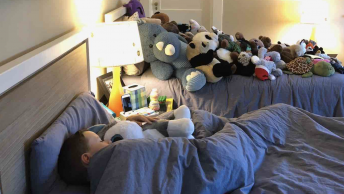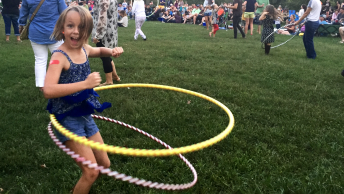Making assumptions about other people makes life harder than it has to be. I know, because I do it all the time.
When you make assumptions about others, you’re often making things up. For example, have you ever noticed that your girlfriend’s house is remarkably clean and then immediately assumed that she also never yells at her children, makes a mean pot roast every Tuesday, and feels no pain when she steps on Legos?
If you’re like a growing population of self-doubting moms, upon realizing that her house is clean, you immediately transfer the fact that she does one thing well to the fallacy that she does everything well.
In other words, she’s perfect and you’re pathetic.
Our minds are manipulative like that. Making assumptions about others typically either makes you feel yucky about yourself or yucky about other people. Both of which are unnecessary since the yucky feelings are almost always generated by falsehoods.
I experienced a double dose of this, all in one day. Recently, I was on a business trip in Los Angeles and decided to use the opportunity of being in a different city to see something I hadn’t seen before—the top of a mountain in California. I went for an afternoon hike.
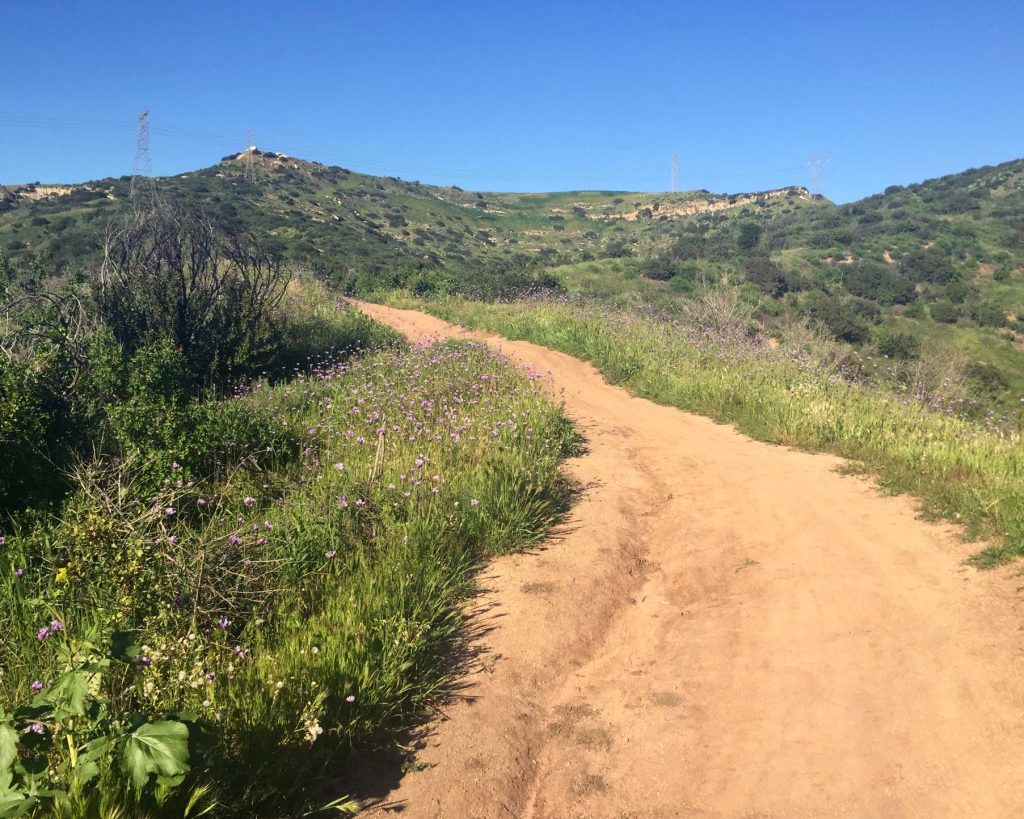
Because I was in the middle of nowhere and wasn’t being distracted by my phone, my children, or my overflowing email inbox, I was able to listen to my thoughts as they came up every step of the way.
What I heard wasn’t always pretty.
When I finally made it to the summit, I dragged my limbs across the final few feet. I was tired, but proud. I had made it to the top, and I felt good about myself. Two points for me. Yet after standing in my own spotlight for a few minutes, chaos took over my mind as I heard a sound from below. There, I saw a guy furiously pedaling up the side of the mountain on a bike.
On a goddamn bike.
I stepped back safely and immediately started making assumptions: that man was a fine specimen of strength, and I needed to get my “fit” together. Immediately. My goodness, he must be made of steel, I thought. He must work out everyday, so he can run triathlons every Thursday. I’ll bet he sleeps in spandex, so he’s always ready for his next workout. Meanwhile, I had to tuck my muffin top into my pants three times on the way up here, and I was coasting on leftover fumes the entire way.
It seemed like a very logical argument in my mind…until it quickly proved to be a lie. Over small talk, this strong man happened to reveal how much he adored his new electric bike—and that it practically pushed him up the mountain the whole way.
Oh.
I guess I appeared surprised that his bike was electric because he immediately said, “You didn’t actually think I could ride a bike to the top of this summit, did you?
Gulp.
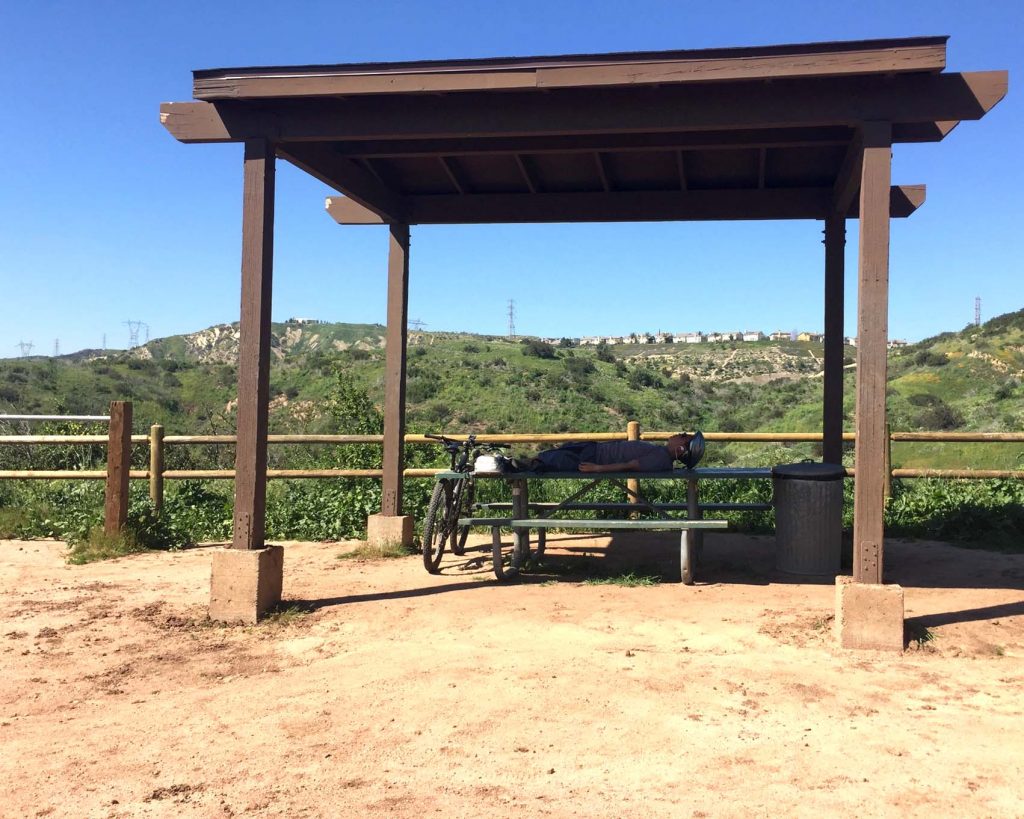
During our conversation, I not only learned that the man’s bike was electric, but that he also took a nap on the way up! After my embarrassing experience, I kicked myself in the pants, vowed to stop making assumptions about other people, and started my descent down the mountain.
About halfway, I noticed a young man walking approximately 50 yards ahead. I was pleased to see someone else because getting bitten by a rattlesnake in the middle of nowhere, with nobody around, was not something I would likely live to tell about.
You know how I feel about wild animals.
The man’s presence comforted me until he proceeded to step off the trail and pee behind a bush. I could only see him from the neck up, but I knew what he was doing. I thought to myself, really, dude? I’m right behind you. I can see you. You can see me. I’m walking toward you, not away from you.
The closer I got, the more assumptions I made: What kind of a guy sees a woman 50 yards behind him and decides this is the moment to pee in public? Did he really have to go that bad? Who makes a decision like that? Was he raised by wolves?
I expected him to do his business quickly and then jump back on the trail like nothing happened. That’s the opposite of what he did next. I slowed down my pace to give him some privacy, but he did not appear to be in a hurry. He started to wrestle around a bit; I could see the branches on the bush moving. And then to my horror…he squatted down.
You have got to be kidding me.
After what seemed like an eternity, the man popped out from behind the bush with a sudden burst of energy and a grin on his face. “I did it!” he said to me.
No response from me.
Then, he blurted out, “Have you heard of GeoCashing?” Again, no response. He went on to explain, “GeoCashing is this cool app that allows you to stash or hide items of significance on hiking trails for other hikers to find. Last week when I was hiking in Arizona, the app led me to a location where a woman hid a small box that contained the handkerchief of her grandmother, who had recently passed away. Since her grandmother loved to travel the world, this was a way for her granddaughter to keep her grandmother’s dream alive. So, I brought the box with me to California, and I just hid it behind that bush for someone else to take to a different part of the world. Pretty cool, huh?”
Good God.
I had just spent a lot of time and energy assuming this man was a weirdo, when he was actually an interesting hero.
Once again, my assumptions were wrong. When, in your life, did you make an assumption about someone else, only to later learn it was untrue? And how about the times you’ve probably made assumptions about others but never found out they weren’t true? I was blessed that during my hike, both of my assumptions were proved false in person. But we can’t always count on that to happen. We’re moving too quickly and doing too much for that to be our reality.
Most importantly, it’s not other people’s job to set us straight about our assumptions. It’s our job to stop making them.
Here’s to living and learning.
